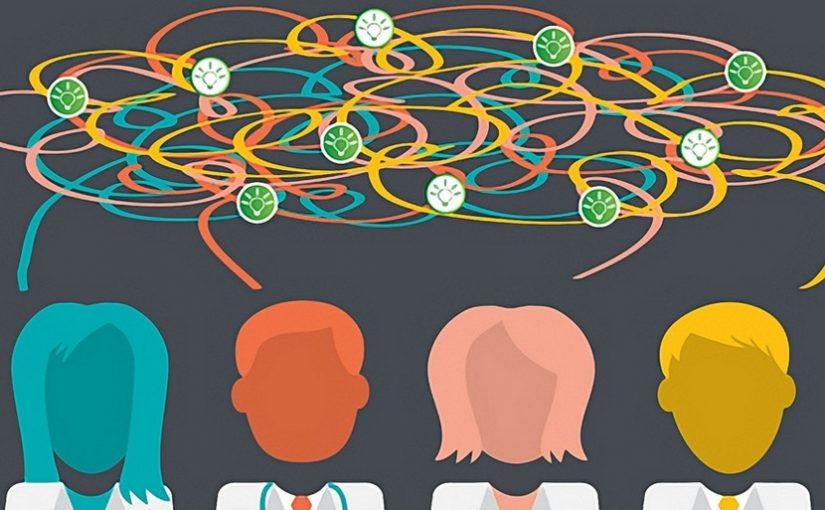We hear a lot in the news about breakthroughs in genetics but there is still a lot that isn’t known about our genes. The good news is it has never been easier for scientists and doctors around the world to collaborate and share information leading to new discoveries that can help patients.
Australia now has GenomeOne, the first organisation in the country to perform whole genome sequencing. So, how does genetic information from individuals contribute to the greater good?
Dr Heidi Rehm presented at Pathology Update in February on some projects helping to further scientists’ understanding of our genes.
In 2013, Dr Rehm convened a group to attempt to improve the process of finding the causes of rare diseases with a genetic component. Although genetic labs working with rare disease patients had databases containing genetic information, these were not joined up making it harder for clinicians and researchers to find other cases to compare to. This could help them find the genetic variation causing the disease.
Matchmaker Exchange was created to tackle this problem by creating a federated network of databases, where genetic information can be shared to help researchers and doctors treating people with rare genetic diseases.
The project is global, with data contributed via participating labs and collaborators all over the world.
Because the diseases are very rare, the process of identifying them is random, making it more difficult for researchers and clinicians to link up. They would have no way of knowing about other existing cases or when a new case will appear.
With another database called ClinVar, differences in interpreted variants between labs can be resolved making the classification of variants more accurate. This means more certainty for patients about whether they have a genetic variant that is pathogenic (disease-causing) or benign (not harmful).
Another project is the BRCA Challenge. This is run by the Global Alliance for Genomics and Health. It is designed to bring together resources to help experts classify variants in the BRCA genes, and clinicians access these interpretations with a user friendly website.
The purpose of the project is to enable better understanding of the genetic basis of cancers, such as breast cancer, where BRCA genes are a factor.
Classification is the process of evaluating evidence of new and existing gene mutations and determining whether or not they play a role in the disease. By pooling data researchers can classify gene variants that haven’t yet been classified. Advanced understanding of genetic variation in BRCA genes has the potential to improve diagnosis and prevention of disease.
There are some barriers to creating projects of this kind, said Dr Rehm; “Having enough resources to put the data together can be challenging and also the willingness of individual organisations to share their data can vary.”
Dr Rehm said no country is excluded from participating in Matchmaker Exchange, but certain geographic locations are less represented in the database; “Asia, Africa and South America have lower representation and this is for various reasons such as the number of people doing research in those areas and available resources.”
These projects and others like them offer great benefits to patients.
Dr Rehm said; “Thousands of patients are impacted every day. A greater understanding has allowed us to reclassify many genetic variants. For some patients that have been told they have a variant of uncertain significance, it may now be shown to be benign, which can provide great relief. There are also the patients whose cause of disease has been discovered as a result of this work. Every new discovery impacts at least one patient.”

